The Managing Director of the Nigerian Railway Corporation (NRC), Dr. Kayode Opeifa, has called for the development of a comprehensive National Rail Transportation and Logistics Master Plan to strengthen Nigeria’s sustainable transport architecture and unlock long-term economic gains.
Speaking at the 11th annual Transport Day Lecture held in Lagos, Dr. Opeifa urged state governments to establish dedicated Ministries of Transportation and develop integrated strategic transport master plans encompassing rail, road, water, and air transport systems.
Delivering a keynote paper titled “Sustainable Transportation System in Nigeria: A Path to Economic Prosperity,” Dr. Opeifa noted that while Nigeria is not underperforming on global sustainable mobility indicators, the nation still lacks the institutional and policy framework necessary to support efficient mass transit operations and intermodal logistics.
To address the structural gaps, the NRC chief proposed a coordinated set of transport reforms at the subnational level, including the establishment of Motor Vehicle Administration Agencies (MVAA), Driver Licensing Administration Agencies (DLAA), Vehicle Inspection Services (VIS), and state-level Driver Training Institutes. These, he said, are critical to fostering safety, efficiency, and sustainability in the transport ecosystem.
Drawing a link between effective transportation systems and the achievement of Sustainable Development Goals (SDGs), Dr. Opeifa commended President Bola Ahmed Tinubu for recent economic reforms, including the removal of the fuel subsidy and the harmonisation of foreign exchange rates. He described the moves as bold steps that are creating fiscal space for infrastructure investment and policy innovation in the transport sector.
In his welcome address, the convener and Publisher of Transport Day, Mr. Frank Kintum, praised the Federal Government’s push for alternative energy use, particularly the Compressed Natural Gas (CNG) initiative. He emphasized that Nigeria must not lag behind in the global shift toward clean energy and electric mobility.
The annual lecture, which convenes policymakers, industry leaders, academics, and transportation stakeholders, served as a high-level platform to review progress and chart the next course for sustainable transportation development in Nigeria.


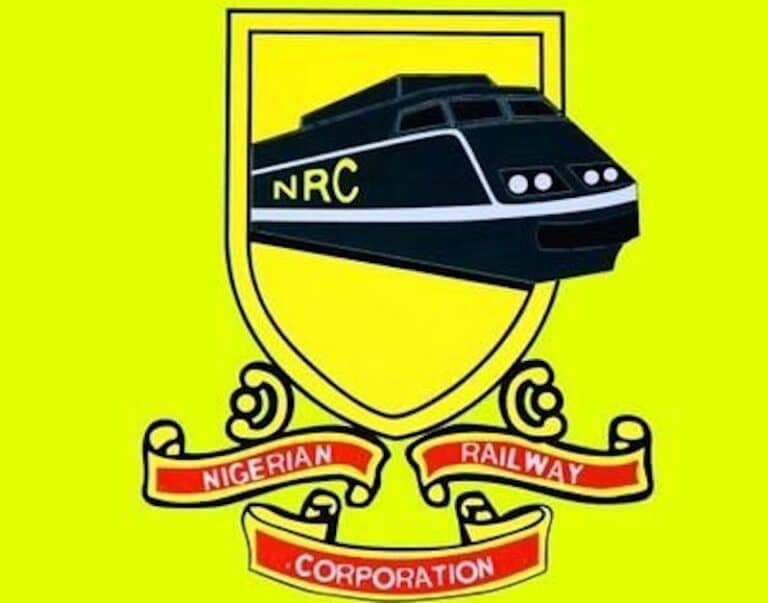
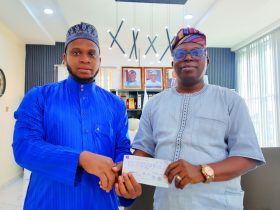
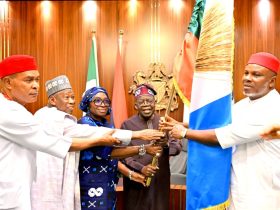
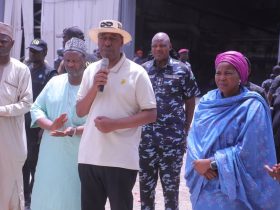
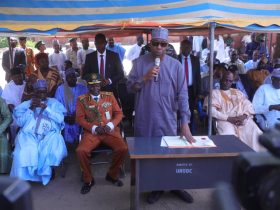



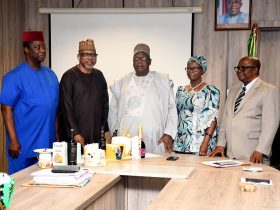
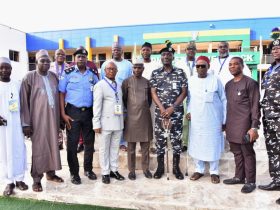
Leave a Reply